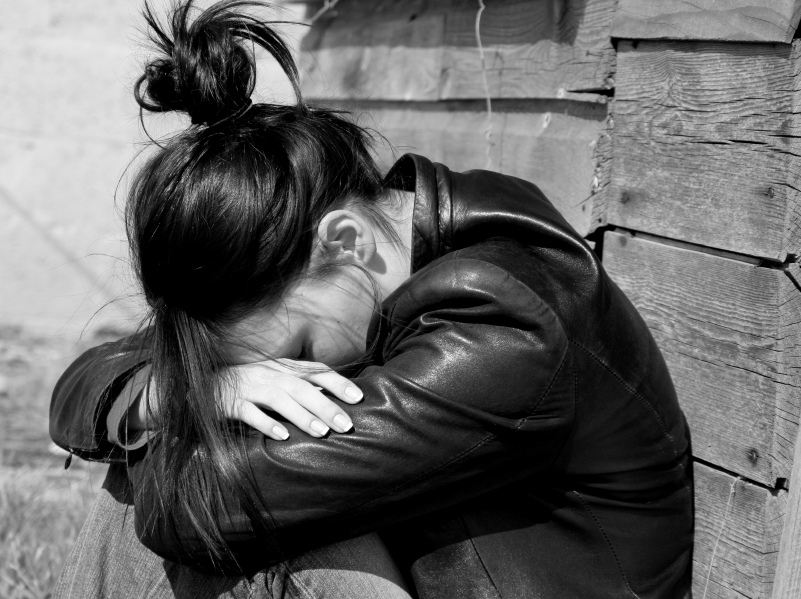Domestic Violence Awareness Month

October is Domestic Violence Awareness Month
Domestic Violence Awareness Month evolved from the first Day of Unity observed in October 1981 by the National Coalition Against Domestic Violence. The purpose was to connect advocates of battered women across the nation who were working to end violence against women and their children. The Day of Unity soon became a special week when a range of activities were conducted at the local, state, and national levels.
The Day of Unity is celebrated the first Monday in October. NCADV hopes that events in communities and regions across the fifty states will culminate in a powerful statement celebrating the strength of battered women and their children.
The Link Between Domestic Violence and Substance Abuse
While substance abuse does not cause domestic violence, there is a relationship between the two issues that is supported by statistics and research. Studies of domestic violence often show high rates of alcohol and other drug use by abusers during episodes of violence and abuse. Not only do batterers tend to abuse drugs and alcohol, but domestic violence also increases the probability that victims will use alcohol and drugs in order to cope with the abuse. The issues of domestic violence and substance abuse overlap and make situations worse and therefore should be treated simultaneously.
Domestic Violence and Substance Abuse: Some Statistics
- Regular alcohol abuse is one of the leading risk factors for intimate partner violence.
- A battering incident that is coupled with alcohol abuse may be more severe and result in greater injury.
- Alcoholic women are more likely to report a history of childhood physical and emotional abuse than are nonalcoholic women.
- Women who have been abused are fifteen times more likely to abuse alcohol and nine times more likely to abuse drugs than women who have not been abused.
- In 2002, the Department of Justice found that 36% of victims in domestic violence programs also had substance abuse problems.
- 51% of domestic violence program directors agree that a woman’s use of alcohol can be a barrier to leaving a violent relationship.
- 87% of domestic violence program directors agree that the risk of intimate partner violence increases when both partners abuse alcohol or drugs.
- The National Center on Addiction and Substance Abuse found that 69% of women in treatment for substance abuse say they were sexually abused as children.
- The U.S. Department of Justice found that 61% of domestic violence offenders also have substance abuse problems.
- Men who batter frequently use alcohol abuse as an excuse for their violence. They attempt to rid themselves of responsibility for their violence by blaming it on the effects of alcohol.
- A 1994 study conducted by the U.S. Department of Justice on murder in families found that more than half of defendants accused of murdering their spouses had been drinking alcohol at the time of the incident.
Domestic Violence, Substance Abuse, and Children
- A survey of public child welfare agencies conducted by the National Committee to Prevent Child Abuse found that as many as 80% of child abuse cases are associated with the use of alcohol and other drugs.
- Children who have experienced family violence are at greater risk for alcohol and other drug problems later in life than children who do not experience family violence.
- Children of substance abusing parents are more likely to experience physical, sexual, or emotional abuse than children in households that do not involve substance abuse.
- Evidence suggests that children who run away from violent homes are at risk of substance abuse.
If you or a loved one is in a situation that involves domestic violence and substance abuse, please call toll-free 1-888-672-4435
Source:
